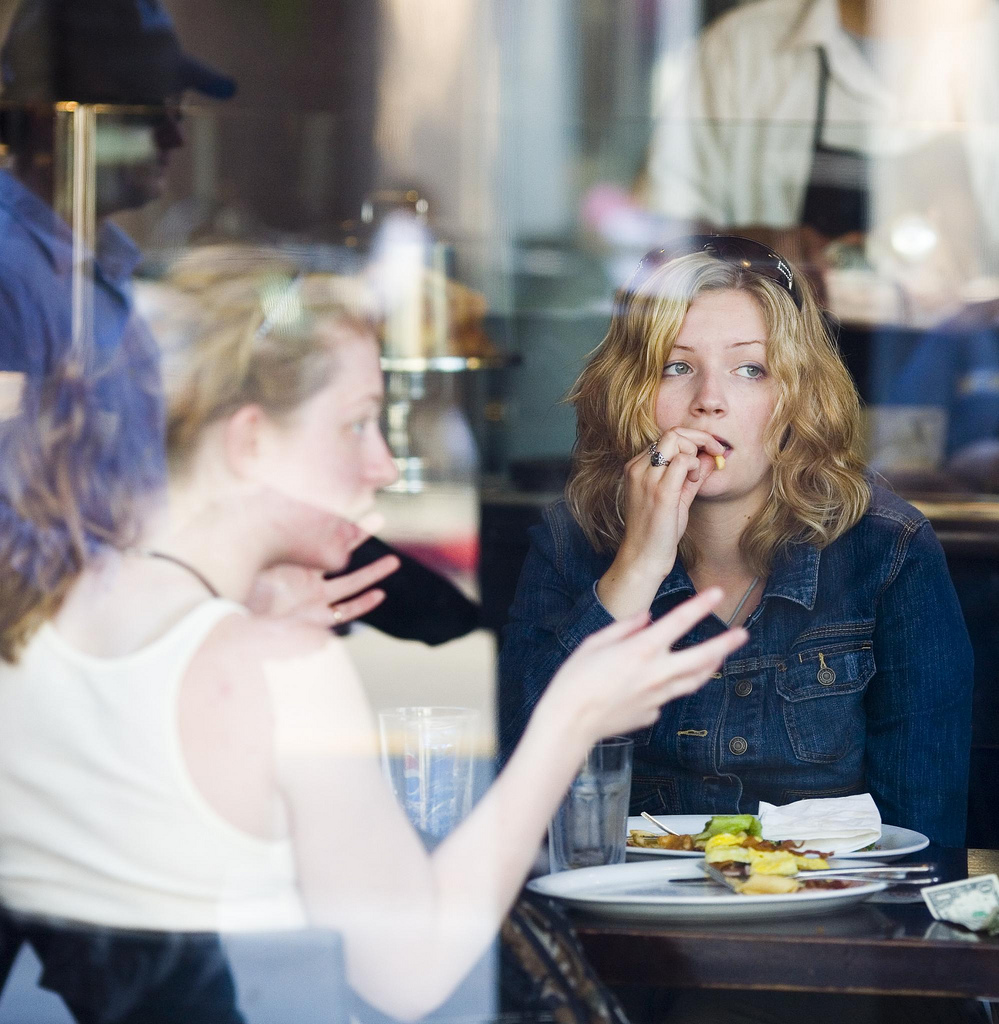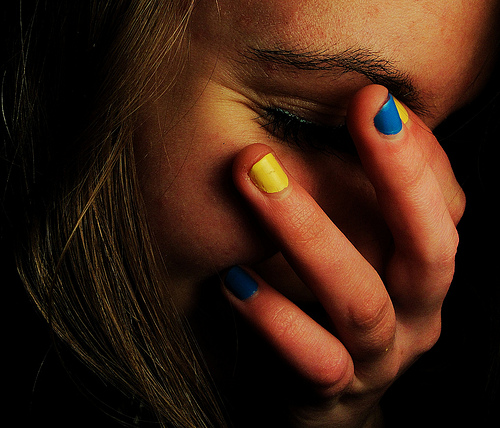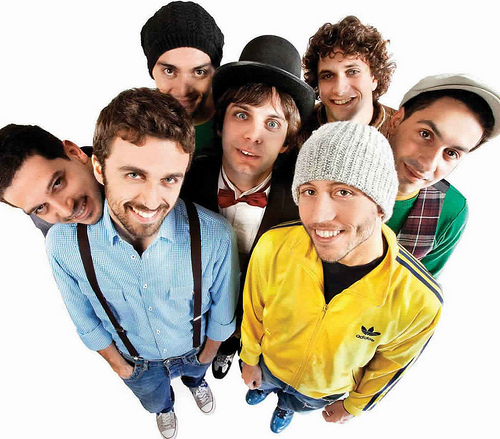 People seem to love digging into the effects of Facebook, as evidenced by numerous discussions and studies out there. Two of those studies even dug up opposing views, with one saying the site can increase anxiety, making paruresis worse, and the other saying Facebook can help users feel more connected, a soothing that may decrease shy bladder symptoms.
People seem to love digging into the effects of Facebook, as evidenced by numerous discussions and studies out there. Two of those studies even dug up opposing views, with one saying the site can increase anxiety, making paruresis worse, and the other saying Facebook can help users feel more connected, a soothing that may decrease shy bladder symptoms.
The social media platform continues its wildly popular ride, attracting users of all ages, all backgrounds and all locations. It even features groups dedicated to specific mental health issues. Yes, that includes shy bladder.
Three Facebook search results show up for shy bladder. One is trying to sell a shy bladder program. Another is a page with no photo or activity, just the name. A third is a page, redirected from one named “paruresis,” that has 64 “likes” and appears it could be informative.
Using Facebook to join online groups that explore and discuss issues that affect you can be helpful, and it doesn’t only have to be mental health issues. Hobby groups, pet groups and others can be fun and informative. Or you can get swept away into the negative side effects that may come from the social media site.
Facebook Can Increase Anxiety
The vote for making your paruresis worse comes from a study that showed Facebook could increase anxiety. Elevated anxiety levels can lead to elevated shy bladder symptoms as well as the gamut of anxiety side effects that can include an increased heart rate, trembling and impending sense of doom.
The study, which we discussed in a previous post, says the anxiety stems from having Facebook friends that include family, coworkers and others who may frown on or become offended by your postings. The more friends you have, the greater chance you have of offending someone.
Facebook Can Make You Feel Less Lonely
On the flipside, another study suggested Facebook could help stave off loneliness, even if you don’t have a lot of friend connections on the site and no one “likes” your posts. This study, which was published in Social Psychological and Personality Science, gathered 100 students from the University of Arizona and told a portion of them to increase the number of times they update their statuses.
A questionnaire following a week of increased postings showed those that updated their status more than usual felt less lonely than those who posted their typical number of status updates.
A Washington Post article noted the decrease in loneliness, which is tied to a feeling of being more connected, comes from people thinking about their friends when posting the message. Researchers called it “social snacking.”
“Similar to a snack temporarily reducing hunger until the next meal,” researchers wrote, “social snacking may help tolerate the lack of ‘real’ social interaction for a certain amount of time.”
So Now What?
The trick to figuring out this dilemma is to take stock on what Facebook does for you, how it makes you feel and what you expect to get out of it. If you’re looking for deep, meaningful relationships, you may be disappointed. If you’re looking for a quick chuckle or even tips and tidbits of info related to your shy bladder, you may find it.
If you notice you feel like crap every time you check out people’s statuses because they seem to be having more fun than you, logoff and go start having your own fun. If Facebook use is eating up valuable time where you could be much better benefiting from doing something else, perhaps it’s time to curtail your use so you can go out and enjoy life face-to-face.
SOURCES:
- http://www.mayoclinic.com/health/anxiety/DS01187
- http://www.washingtonpost.com/national/health-science/facebook-updates-may-stave-off-loneliness-even-if-no-one-likes-you-study-finds/2013/01/07/81aeec1c-5614-11e2-bf3e-76c0a789346f_story.html
- http://spp.sagepub.com/content/early/2012/12/20/1948550612469233




